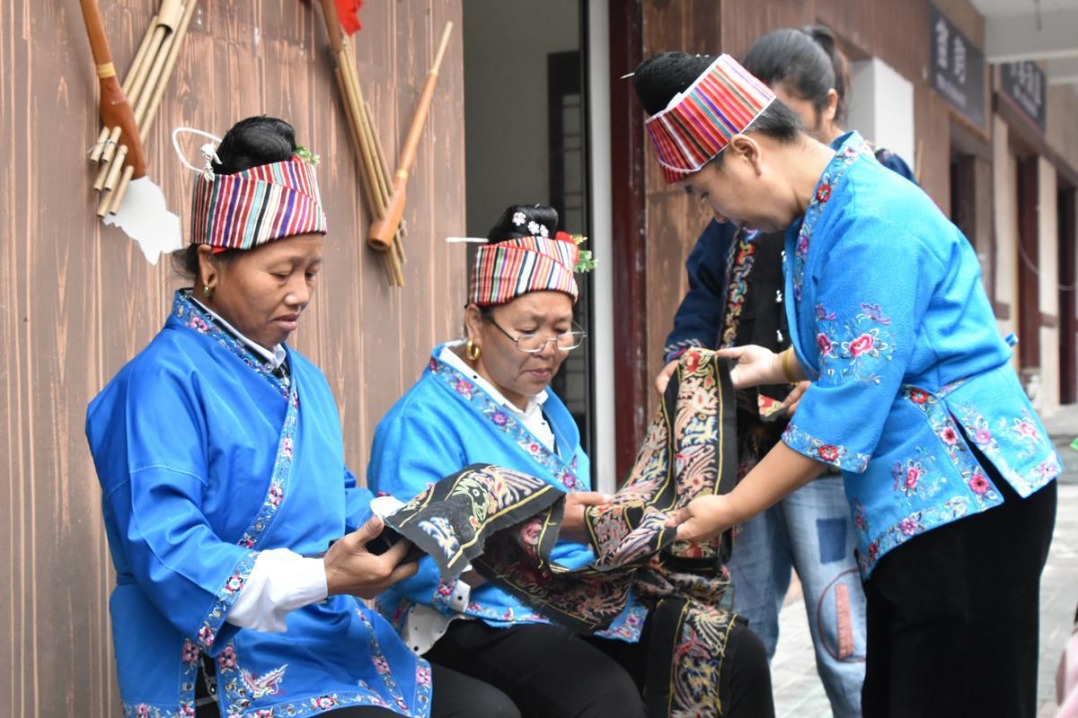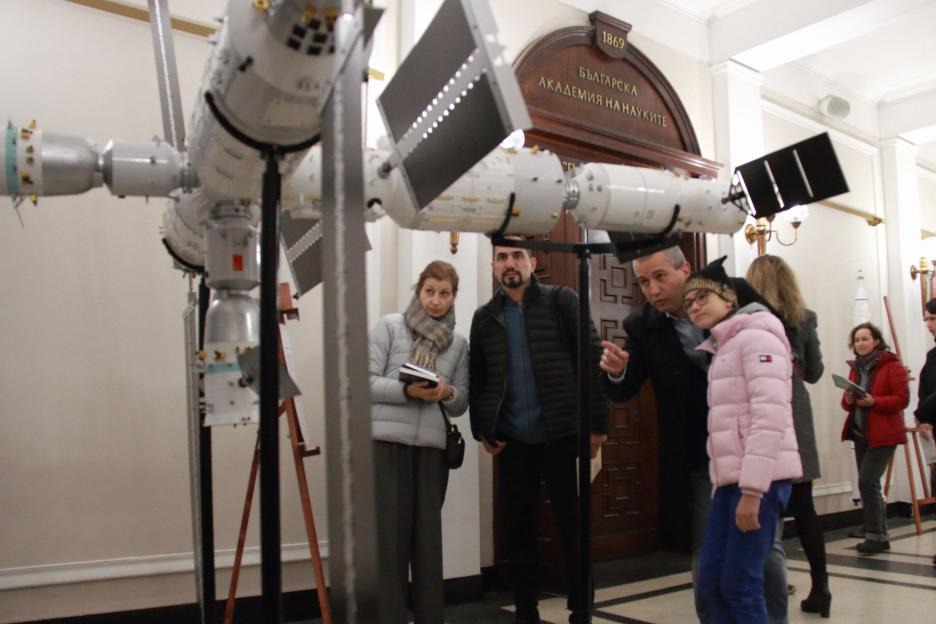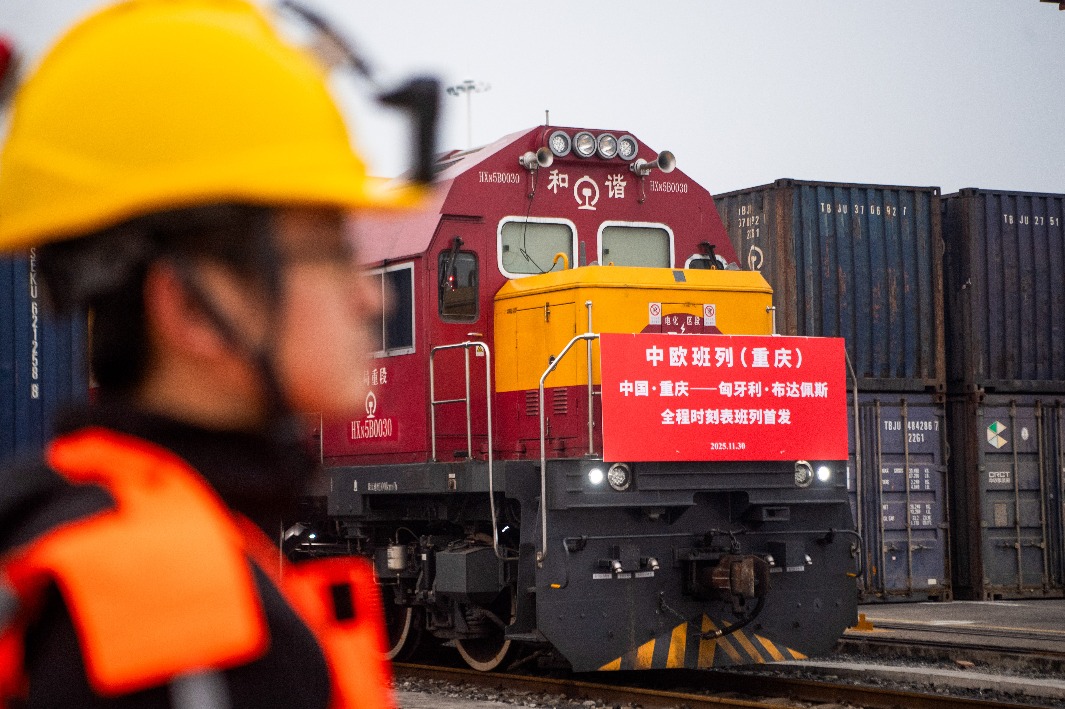Award-winning radar pioneer Wang dies, aged 84

China's most renowned radar researcher Wang Xiaomo, father of the country's early-warning aircraft and a winner of the nation's top science and technology award, died at a hospital in Beijing on Monday afternoon, aged 84.
Wang's death was announced by China Electronics Technology Group Corp, commonly known as CETC, the major State-owned defense contractor where the researcher spent his entire career.
Born in Shanghai in November 1938, Wang graduated from Beijing Institute of Technology's radio engineering department in 1961 with a Bachelor's degree in radar technology, and then joined Nanjing Research Institute of Electronics Technology in Jiangsu province, now part of CETC, to start his career as a military radar designer.
In 1969, Wang and hundreds of his colleagues at the Nanjing institute were ordered to move to a remote underdeveloped city named Duyun in Guizhou province, to help develop the East China Research Institute of Electronic Engineering, which was later relocated to Hefei in Anhui province and is now also a CETC subsidiary.
At the new workplace, he led the design work for China's first three-dimensional radar, which extensively improved the nation's air-defense capability. The radar system won him his first National Science and Technology Advancement Award in 1985, the same year he was named director of the East China Research Institute of Electronic Engineering.
In 1992, he was appointed head of the military products bureau under the then-China Electronics Industry Corp, the predecessor of CETC.
One year later, Wang became deputy president of the China Academy of Electronics and Information Technology.
He was elected a member of the Chinese Academy of Engineering in 1995 and won his second National Science and Technology Advancement Award the same year, for his role in the design of an advanced low-altitude surveillance radar.
From the mid-1990s to the early 2000s, Wang focused on the research and development of China's first domestic early-warning aircraft system, later known as the KJ-2000.
In 2010, he received his third National Science and Technology Advancement Award for his work on the KJ-2000 project.
In 2013, Wang was given the State Scientific and Technological Award, the highest honor for Chinese science and technology workers.
- Shenzhou XX spaceship to make uncrewed return to Earth: spokesperson
- Crackdown on scams preying on sick and elderly
- Shanxi law shields women from bias, online violence
- Schools' 'snow vacation' targets winter tourism
- Henan-KL air cargo link ups bilateral trade
- Kenya holds forum on 5th volume of 'Xi Jinping: The Governance of China'





































